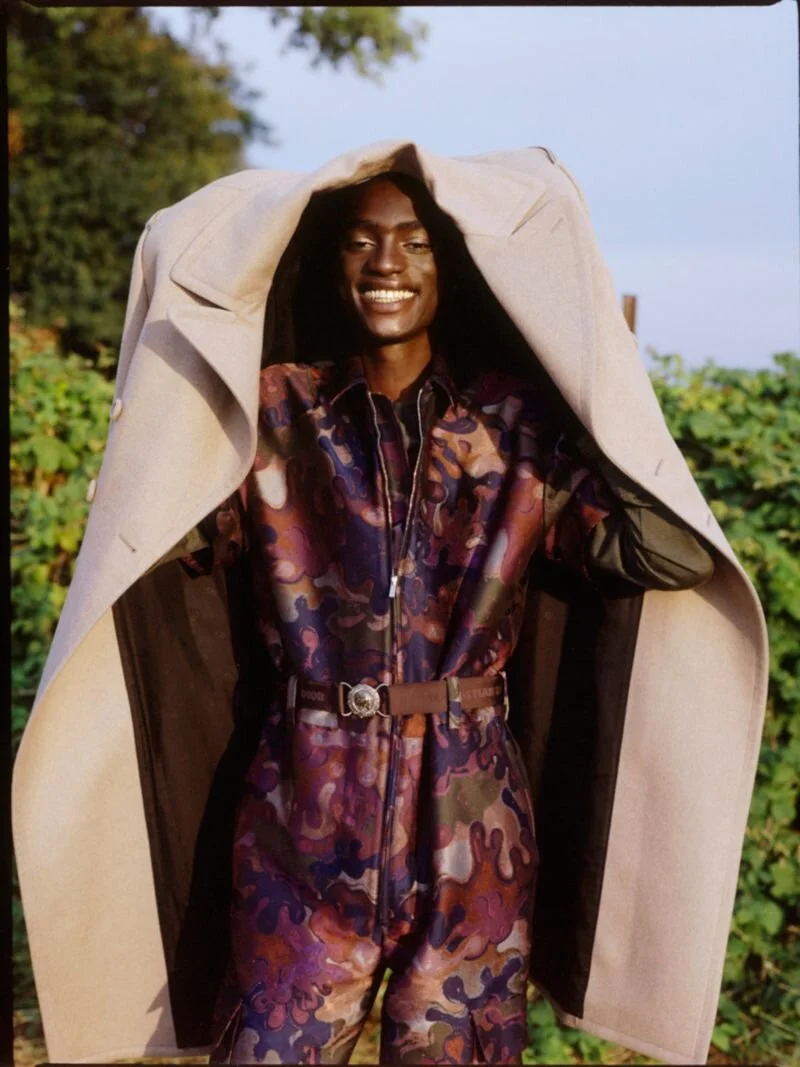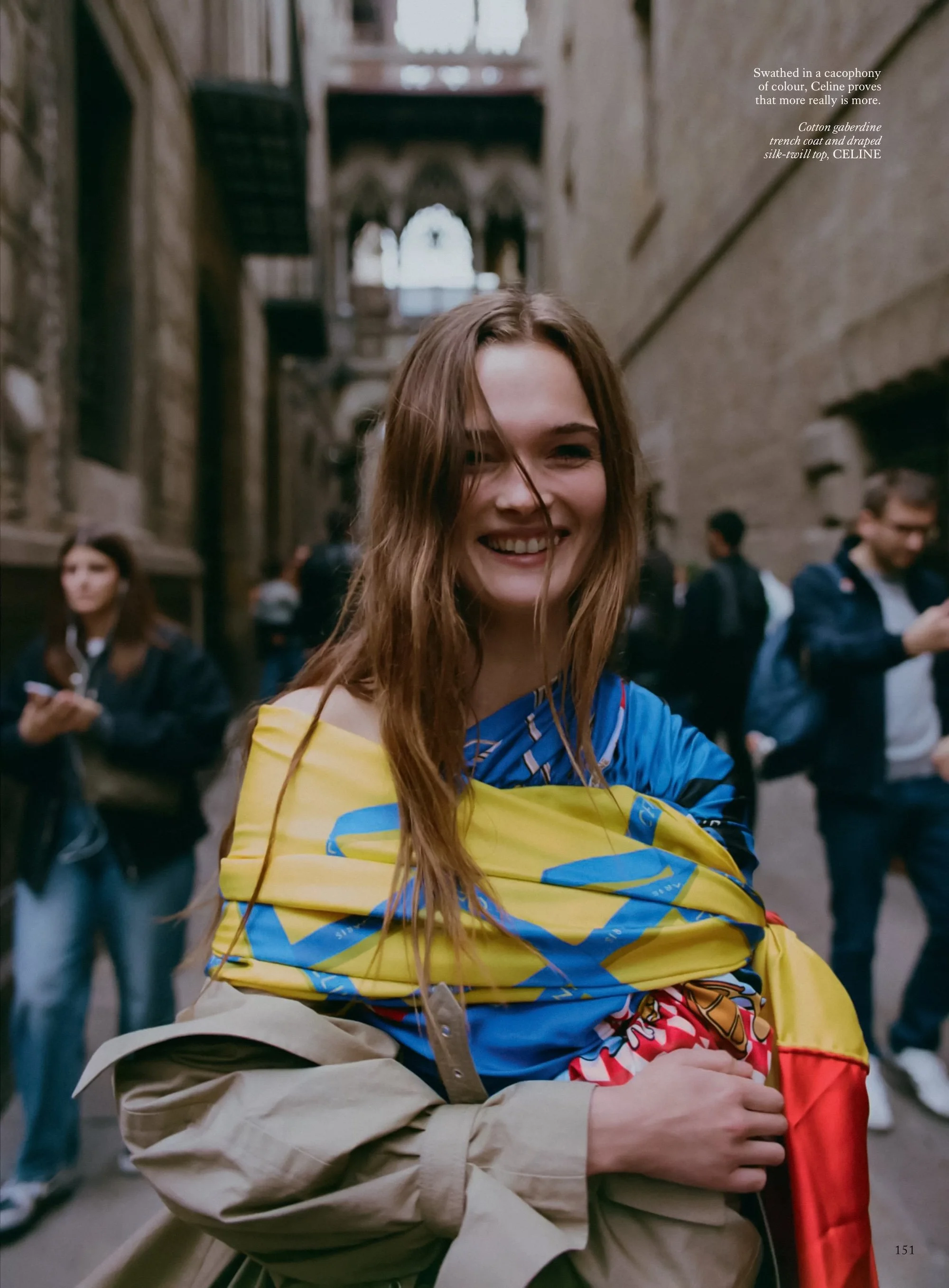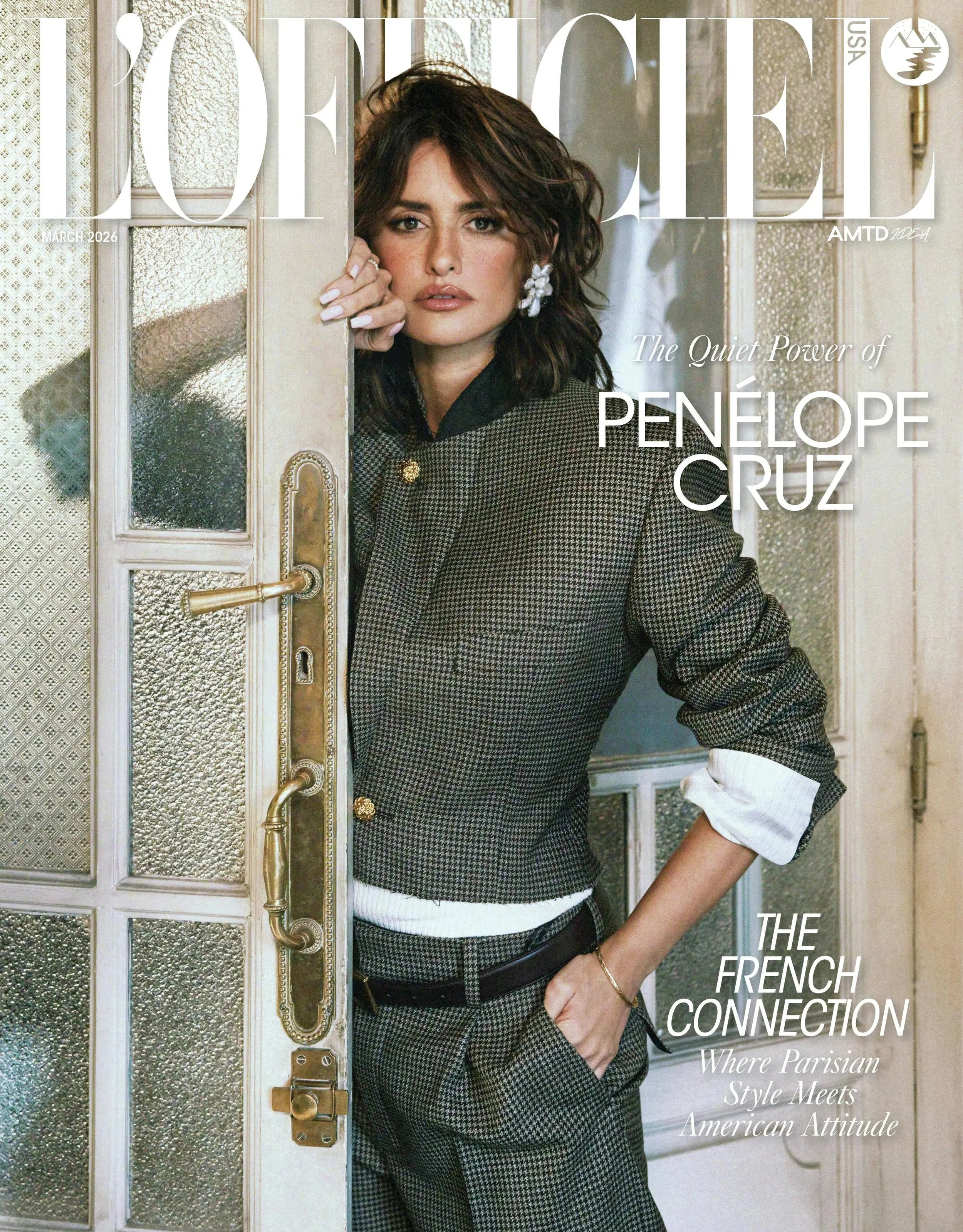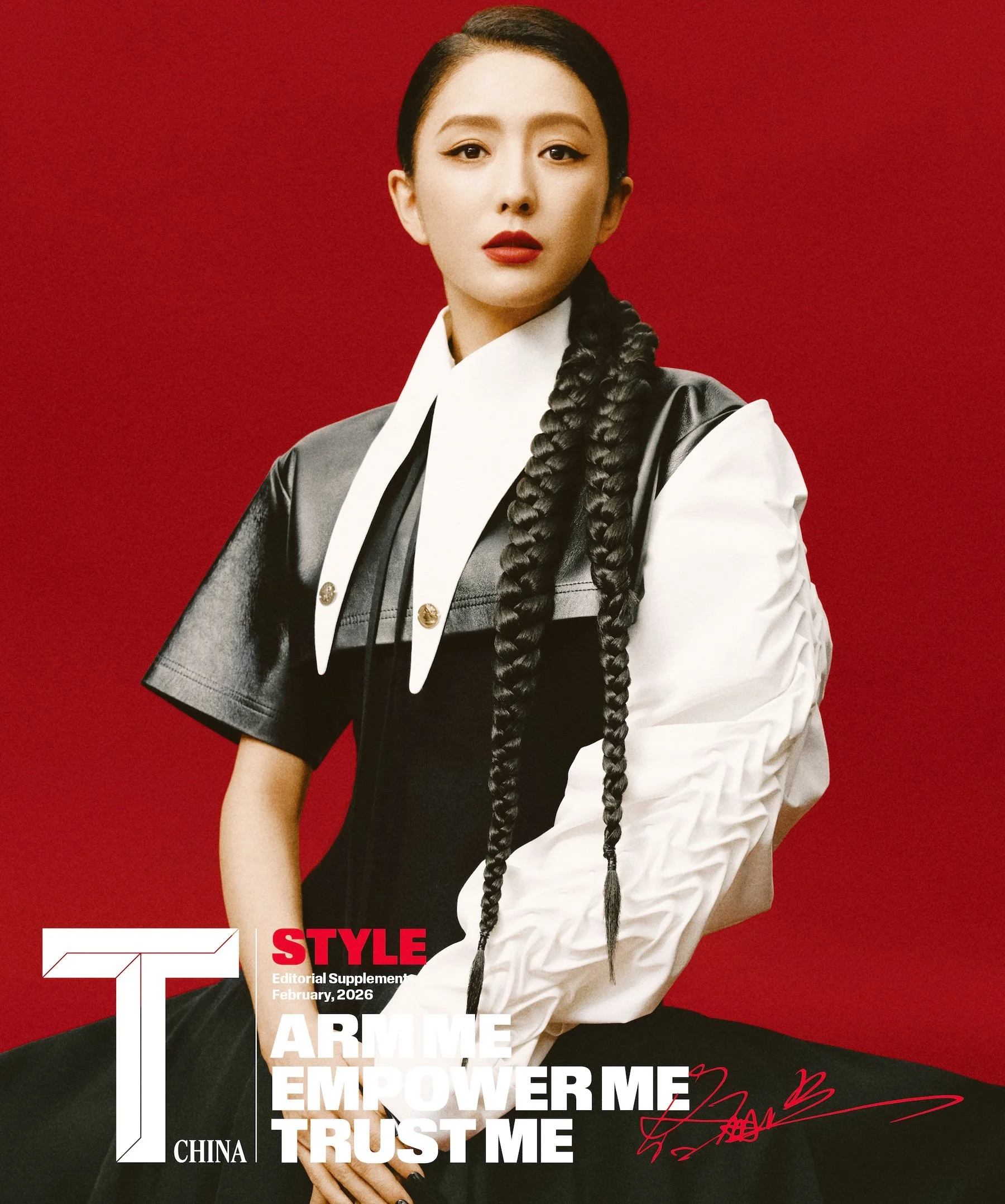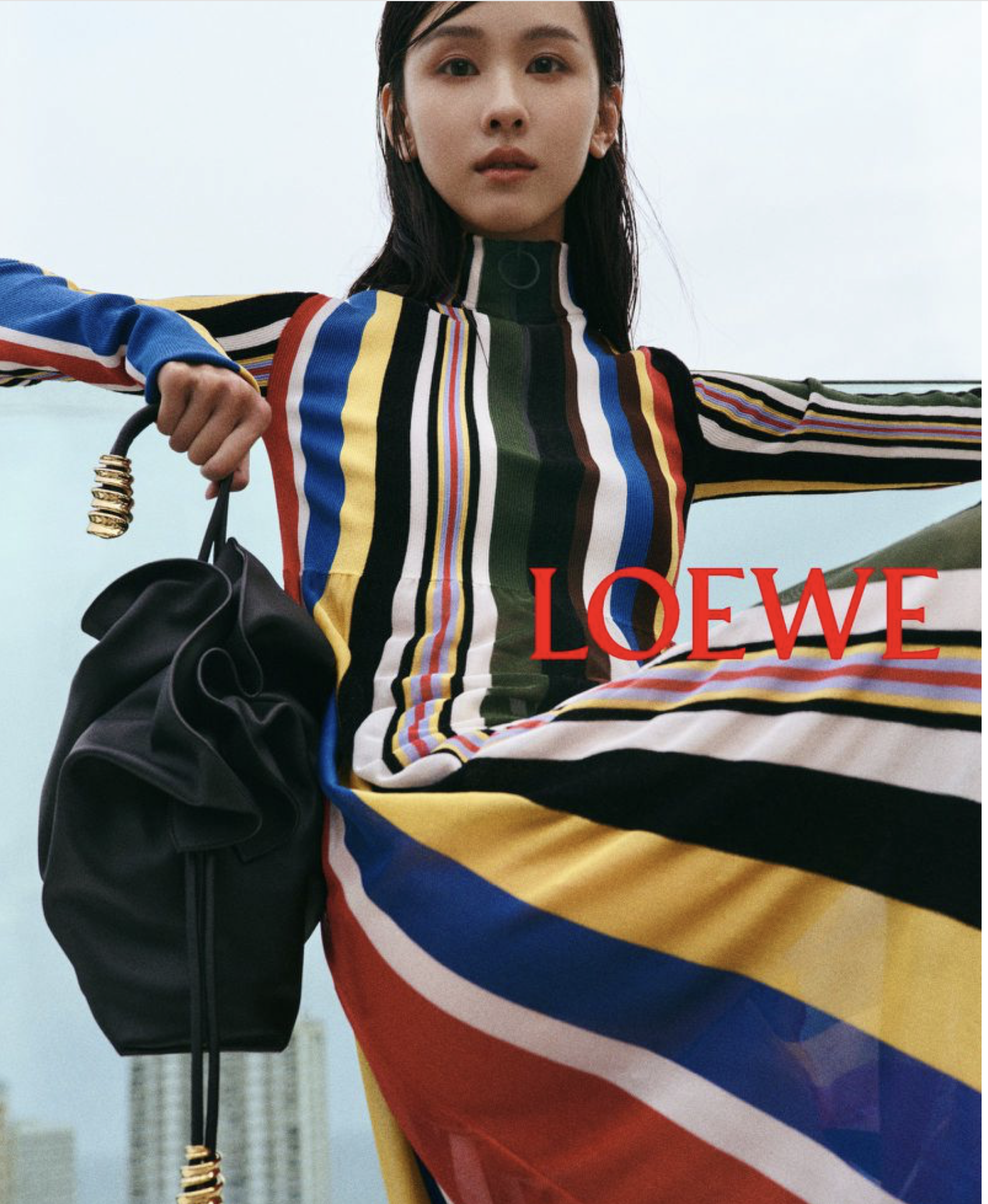Massaer Seck by Federico Barbieri for SCMP | China Cracks Down on 'Sissy Men'
/Model Massaer Seck is styled by Paola Ventimiglia for ‘In the Field’, lensed by Federico Barbieri [IG]for SCMP September 2021.
AOC reads JingDaily and Sunday’s email raised concerns. For background, in September, 2020 in an article Gen-Z Conservatism Is Changing Fashion In China JingDaily wrote:
Thanks to a global pandemic and a 21st-century cold war, Chinese culture has looked inward and is taking conservative turns on multiple fronts. By further suppressing LGBTQ+ and feminist activities while promoting traditional Confucian values, post-COVID China is committed to turning the clock back to a more conservative, and in theory, stable, time. But these ever-more stringent cultural policies will leave a deep and long-lasting mark on China’s Gen Z, which will also happen to be the main growth engine for global luxury and fashion soon. With the rise of conservatism in China, the liberal fashion world is likely to undergo profound changes over the years to come.
This morning’s JingDaily headline could not have been more direct: China Bans Effeminate Men and Abnormal Esthetics From TV
Jing writes that this isn’t the first time China’s ‘girly’ men have gotten flak from the Chinese government. Authorities have censored male earrings on TV and accused the American CIA of hatching a plot to feminize China’s men.
What’s new is that the clampdown comes amid a much tougher government regulation of China’s entertainment sector. No one has an understanding of the Party’s definition of “sissy”. Is it clothes and makeup? Lavish jewelry? Is it certain types of behavior? Two men in an ad? Men wearing lipstick? No one knows the answer.
The South China Morning Post— source of this fashion story — wrote three days ago: China calls for boycott of ‘overly entertaining’ entertainers and ‘sissy idols’ in continued purge of popular culture industry
China’s broadcast regulator,. The National Radio and Television Administration, released an eight-point plan to regulate the entertainment industry. The regulations call for a wholesale cleanup of the entertainment sector, both in front of and behind the camera. The rules are part of Beijing’s ongoing strategy to reshape cultural life in China, citing perceived weakness in America and Europe as a result of increasingly liberal policies and lifestyle practices.
